C10 - Training competent clinical pharmacists – Residencies, observation, assessment & feedback
Organised by the FIP Hospital Pharmacy Section in collaboration with the American Society of Health-System Pharmacists (ASHP)
Chairs
Rebekah Moles (Faculty of Pharmacy, The University of Sydney, Australia), Douglas Scheckelhoff (Office of Practice Advancement, American Society of Health-Systems Pharmacy, USA) and Dechun Jiang (Department of Pharmacy, Xuanwu Hospital of Capital Medical University, China)Introduction
Pharmacists need to maintain and gain new competencies throughout their career. While many countries have mandated CPD programmes, most commonly these sessions provide pharmacists with knowledge, but rarely test the application of this knowledge. Residency programmes, in contrast, are comprehensive and develop a pharmacist’s competence over time. The ongoing use of peer observation that is cross-referenced to competencies coupled with feedback is needed to ensure pharmacists maintain competence and develop new advanced skills throughout their career. But, how can we provide this assessment and feedback on a regular basis? The purpose of this session is to demonstrate examples of how the standard of clinical pharmacy has been improved to ensure that patients receive excellent pharmaceutical care. Training of pharmacists does not stop upon university graduation, so this session will outline the pharmacy residency training programmes and other strategies that have been used to train and empower already registered practitioners, and highlight the importance of monitoring one’s practice and the provision of feedback. Further collaboration with the FIP Academic Pharmacy Section has also been sought. This session addresses one of the key issues in pharmacy education — the ongoing lifelong learning that occurs throughout practice — and covers how we can effectively improve and maintain competence through observation, assessment and feedback. Those involved have a wealth of experience and expertise in the development, implementation and evaluation of training programmes for pharmacists such as clinical residencies, development and monitoring of standards for advanced practice and also in innovative observational training programmes where immediate feedback and coaching is provided.
Programme
- Developing clinical competency — Going from university to an advanced practitioner, how do we know we are competent?
Dalia Bajis (The University of Sydney, Australia) - Residency programme structure and role in developing clinical practice competencies
Douglas Scheckelhof (ASHP, USA) - Beyond a residency programme — Ongoing competency assessment in the workplace
Abdul Latif Sheikh (FIP Hospital Pharmacy Section, Pakistan) - Competency assessment in community pharmacy — An innovative programme of weekly mystery shopping with feedback
Jack Collins (The University of Sydney, Australia) - Workshop — The art of giving feedback
Learning Objectives
At the end of this session, participants will be able to:
- Analyse the current components necessary to implement a residency programme in their country;
- Advocate the importance of self and peer assessment against key competencies;
- Perform peer assessment that can be used in practice;
- Install a peer-observation service and feedback for ongoing learning.
Type of session: Application-based
